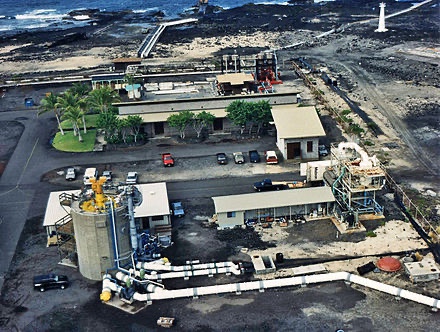By Jeremy P. Feakins
Opportunity Zones are designed to spur economic development by providing tax benefits to investors. First, investors can defer tax on any prior gains until the earlier of the date on which an investment is sold or exchanged, or December 31, 2026, so long as the gain is reinvested in a Qualified Opportunity Fund. Second, if the investor holds the investment in the Opportunity Fund for at least ten years, the investor would be eligible for an increase in basis equal to the fair market value of the investment on the date that the investment is sold or exchanged.
Internal Revenue Service (Opportunity Zones Frequently Asked Questions)
Buried somewhere in the 2017 Tax Cut and Jobs Act legislation is a section that allows the creation of opportunity zones, designed to promote economic development in low-income neighborhoods through private tax-advantaged equity investments.
To invest in opportunity zones, investors will invest in an “opportunity fund”, a new class of investment vehicle that aims to responsibly drive much-needed capital into rural and low-income urban communities. Opportunity funds will activate passive holdings by connecting investors to investment opportunities located in newly designated opportunity zones.
US Treasury Secretary Steven T. Mnuchin said, “I am very excited about the prospects for opportunity zones. Attracting needed private investment into these low-income communities will lead to their economic revitalization, and ensure economic growth is experienced throughout the nation. The Administration will continue working with States and the private sector to encourage investment and development in opportunity zones and other economically disadvantaged areas and boost economic growth and job creation.”
My JPF Venture Group is in the process of organizing an opportunity fund that will focus on investing in Ocean Thermal Energy Corporation projects in Opportunity Zones, including those in the U.S. Virgin Islands, Puerto Rico, and Lancaster, Pennsylvania – where OTE currently operates. These projects include building Ocean Thermal Energy Conversion (OTEC) and Seawater Air Conditioning (SWAC) plants, unique technologies that produce clean energy, fresh water, sustainability, and economic development. OTEC and SWAC bring solutions to basic human necessities through the earth’s most abundant resource: the ocean. These reliable and revolutionary technologies work to preserve the environment for future generations to come.
The fund will be required to invest at least 90% of its assets in designated opportunity zones issuing stock, partnership interests, or business property to its investors.
Opportunity funds can be a good investment for high-net-worth investors looking to take advantage of the tax incentives and a chance to do good. There were about $6 trillion in unrealized capital gains as of the end of 2017. Family offices, funds focused on sustainability and infrastructure improvements, private investors sponsors, real estate developers, innovators, businesses with underserved community initiatives, cities, urban and rural economic development associations, family offices, foreign investors with U.S. capital gains, and institutional and private investors all should consider the tax benefits of an opportunity fund.
The opportunity zone program has the potential to support many great initiatives that will improve the lives of millions of people living in distressed communities in the U.S. and its Territories.
For more information about our opportunity fund, please contact Jeremy Feakins at jeremy.feakins@jpfventures.com.
© Jeremy P. Feakins. All Rights Reserved.









